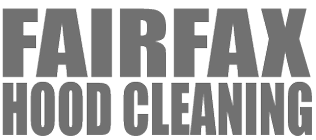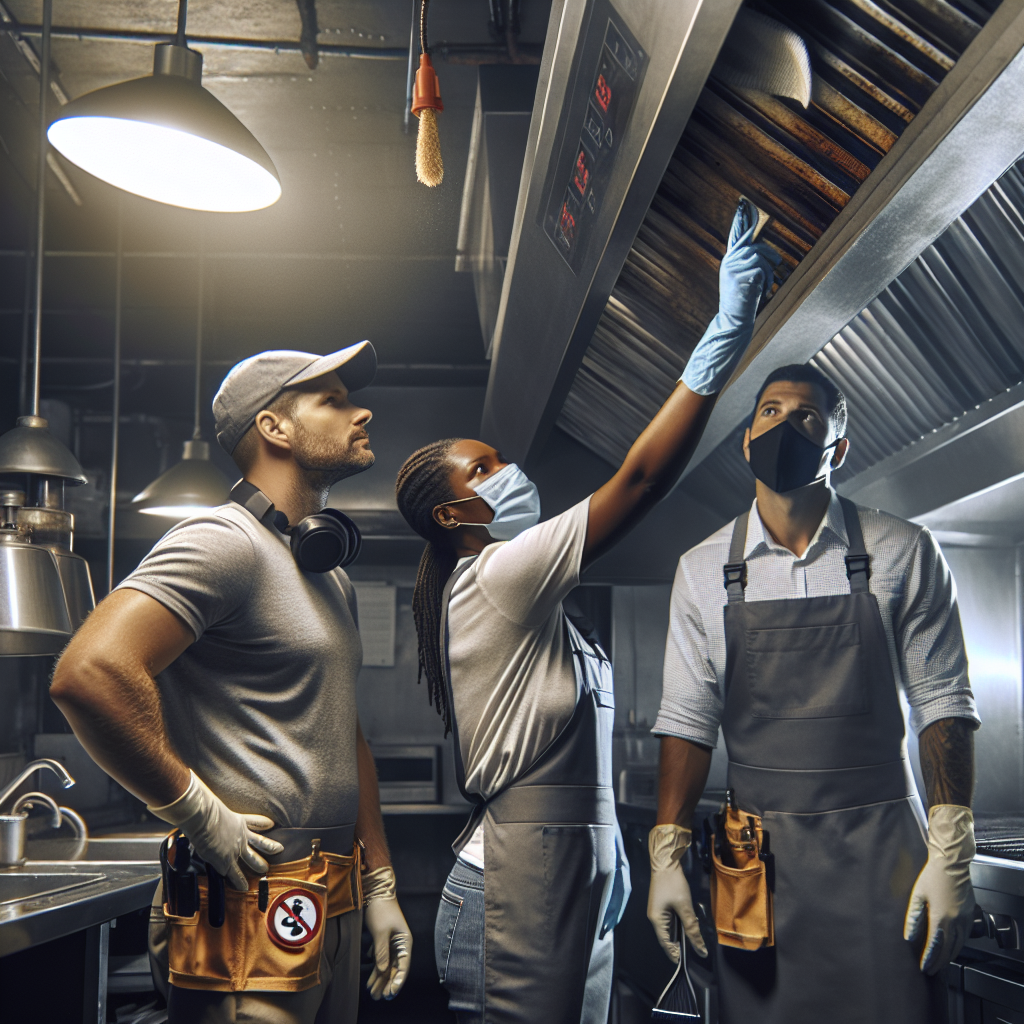The Unsung Hero of Allergy Prevention: Hood Cleaning in Restaurants
In today’s culinary world, diners are more discerning than ever, particularly when it comes to the safety of their meals. With allergies being a growing concern, both restaurateurs and chefs need to be acutely aware of the ingredients and allergens present in their kitchens. An often overlooked yet essential aspect of maintaining a safe dining environment is hood cleaning. In this comprehensive guide, we will explore why restaurant hood cleaning should be a top priority, especially in locations in Fairfax, VA, and how it plays a vital role in preventing cross-contamination of allergens.
Understanding the Role of Hood Systems in Kitchens
At the heart of every commercial kitchen hood cleaning process is the exhaust hood system. Found above the cooking station, these hoods are responsible for ventilating smoke, grease, vapors, and other airborne particles that arise during cooking. Over time, grease and other residues accumulate within the hood, quickly turning this component from a safety feature into a significant hazard. Not only can this buildup lead to unpleasant odors and smoke, but it also becomes a breeding ground for allergens and bacteria, which could impact food safety and customer health.
How Hood Cleaning Prevents Allergen Cross-Contamination
For diners with food allergies, cross-contamination in a restaurant kitchen can turn a pleasant dining experience into a life-threatening situation. Proper and regular exhaust hood cleaning is one of the best defenses against this peril. But how does the cleaning process contribute to a safer environment?
- Removal of Residual Allergens: When cooking different types of meals, particularly ones involving common allergens like nuts, dairy, or shellfish, residues can accumulate in the hood. Regular cleaning ensures these are effectively removed, minimizing the risk of these allergens contaminating other dishes.
- Reduction of Grease Buildup: Grease isn’t just unpleasant to look at; it can also trap food particles and allergens. Routine cleaning prevents these substances from building up and spreading throughout the kitchen air.
- Improvement of Air Quality: An unchecked exhaust system can circulate contaminated air throughout the restaurant space. By keeping it clean, the kitchen can maintain a higher air quality, further protecting against allergic reactions.
The Consequences of Neglecting Hood Cleaning
While the immediate benefits of hood cleaning center around food safety, the consequences of ignoring this critical task can be severe. Here are some potential repercussions for restaurants in Fairfax, VA and beyond:
- Increased Risk of Allergic Reactions: As mentioned, unclean hoods are breeding grounds for contaminants. This could lead to traces of allergens ending up on allergen-free meals, posing serious health risks for diners.
- Fire Hazards: Accumulated grease is highly flammable. A single spark or high heat levels can ignite this residue, potentially leading to devastating kitchen fires.
- Legal and Financial Penalties: Failing to adhere to health and safety regulations concerning cleanliness can result in fines, legal action, and a damaged reputation that is hard to recover from.
Embracing Professional Hood Cleaning Services
Given the complexities and importance of hood cleaning, it is strongly advised to engage professional cleaning services rather than relying solely on kitchen staff. Professional cleaners bring state-of-the-art equipment and the expertise necessary to thoroughly clean and maintain your hood systems, ensuring compliance with health regulations and the safety of your patrons.
For businesses in Fairfax, VA, companies specializing in Fairfax Hood Cleaning offer targeted services that adhere to local safety standards while addressing the specific challenges faced by local eateries. Investing in expert services can enhance operational efficiency, reduce safety hazards, and safeguard against potential allergen cross-contamination.
The Long-term Benefits of Routine Hood Maintenance
While immediate clean-up after spills or cooking is crucial, a strategic, routine cleaning schedule will prevent more stubborn residues from building up, thereby preserving the condition of the kitchen equipment and enhancing the overall longevity of the investment made in the commercial kitchen setup. Not only does this keep diners safe, but it also preserves the quality and consistency of the dishes served.
Establishing Allergen-Safe Best Practices
Beyond hood cleaning, fostering an allergen-safe kitchen involves implementing comprehensive best practices. Here are tips to complement your cleaning efforts:
- Staff Training: Educate your kitchen staff about allergy prevention, proper cleaning techniques, and the significance of avoiding cross-contact between dishes.
- Clear Labeling: Ensure that all ingredients and allergen information are clearly labeled and stored separately when necessary.
- Dedicated Cooking Spaces: When possible, designate specific cooking areas and utensils for allergen-free preparations to further mitigate risk.
In conclusion, maintaining allergen-safe kitchens involves not only an understanding of ingredients but also a commitment to regular and thorough hood cleaning. By prioritizing kitchen cleanliness, leveraging professional services, and adopting best practices, Fairfax restaurateurs can provide a safe, welcoming dining experience for all patrons. Together, we can make dining out a delightful and worry-free occasion for everyone.


